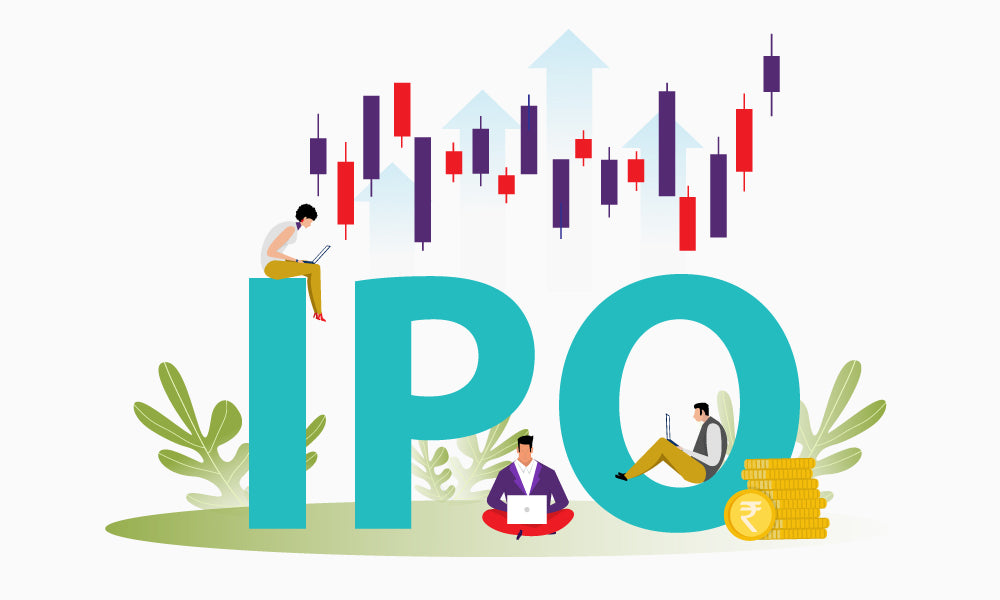
+91 80 41281 383 • Srinivasam, No. 20, 9th Cross, 6th Main, Malleshwaram, Bengaluru

Zomato’s IPO created waves in the market when it launched some time back and I am still wondering what it was about the company that was making investors go gaga?
This company has accumulated losses of over ₹4,600 Crore from 2018 to 2021 June

With their losses continuing to mount, they were still able to find interested suitors, with no accumulated profits since starting. Hence it is evident that their net loss is funded by capital infusion and/or Debt. But why are these investors pumping funds into the startup even when they see no profit in 4 years?
All signs of a very healthy business, and since the company is still in net loss, no income tax is payable as well.

Stepping back you realize that this is being rolled back to the external investors of Zomato - people controlling almost 50% of the stake. But these investors are the top financial minds in the world and control the purse strings of many venture capitalists or fund managers! What will they gain if the company is running at a loss?

Zomato is extremely asset light. All they have is variable expenses to the delivery partners, a credibly, highly aware platform and an acquisition team.
MIMI PARTHA SARATHY
Managing Director,
Sinhasi Consultants Pvt. Ltd.
Now, Zomato went for independent valuation by a valuer, who valued them at ₹60,000 Crore! This has raised a lot of questions especially by Rakesh Jhunjhunwala.
After this valuation they went for an IPO, making their shares easily accessible for all public to purchase and further sell. PR and Marketing created a hype in an already euphoric stock market.
The IPO got over subscribed by a whopping 38% with Listing priced at ₹116 which was initially valued at ₹72-76
Interestingly, although the Zomato IPO was for ₹9400 Crore, almost 400 Cr will be taken by early investor – Info edge who has been invested in this for over a decade. Rest of the ₹9000 Cr will be invested in the company’s growth.
Zomato is one of India's two leading food delivery companies with the gross Merchandise value of $1.2+ billion
Their gross merchandise value should grow at -35% + for the next five years driven by three factors
Zomato is one of India's two leading food delivery companies with the gross Merchandise value of $1.2+ billion
Their gross merchandise value should grow at -35% + for the next five years driven by three factors
Zomato has got over 3.2Cr customer details with their order history and payment instruments linked on their platform. Data is going to rule in the future and there is a high chance of it being monetized (although data privacy laws will have to be considered). This can help them grow new allied businesses like grocery delivery, cold chain products or expand into private labels to provide growth opportunities through lower discounting, lower ad spends for customer acquisition while bringing in higher gross margin and newer revenue streams.
'Retail investors holding shares of Zomato are going to bear the brunt of the loss! The loss has been sold by early investors to public making a cool 100x return on investment (ROI).' - supposed retail investor
Which retail investor is looking at the fundamentals of an investment? A loss-making company is beating profit yielding organizations on the basis of anticipated future sales. But not a lot of people understand the strategic vision of the enterprise. Many enter an IPO only to make listing gains. That is trader mentality, not investor thinking.
Most stocks traded in stock markets are influenced by promoted factors rather than fundamentals and / or earnings growth potential.
Have you invested in the right funds or stocks? Do you have cash reserves in hand for, if and when the market corrects? Know More.
Have you invested in the right funds or stocks? Do you have cash reserves in hand for, if and when the market corrects? Know More.
Bibliography
Zomato IPO listing, MONEYCONTROL | How Zomato executed its IPO plan, THE ECONOMIC TIMES | Zomato IPO: Hype or just right? FORTUNE INDIA | Zomato valuation absurd, FORTUNE INDIA